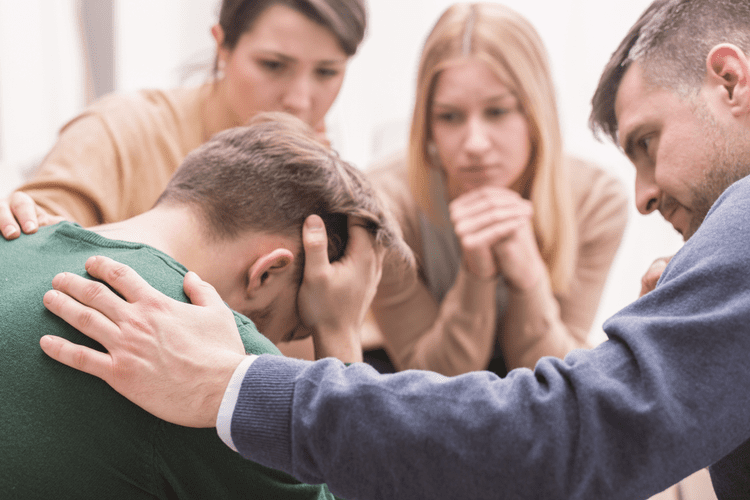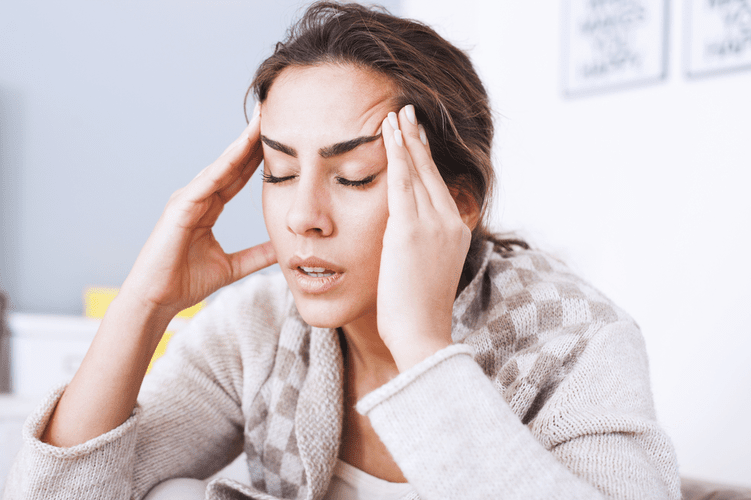Outpatient care involves treatments that allow the person to live at home, work and maintain other routines while attending care. Rather than living at the treatment center, the person will attend their appointment and then return home. Intensive outpatient care could involve several hours of treatment several times per week to offer more support to people in need. To support this choice towards recovery and an alcohol-free life, The Recovery Village dedicates itself to understanding the why and how of alcohol abuse. In a recent study by The Recovery Village, we asked over two thousand people about their alcohol use.
What Are the Long-Term Effects of Alcohol on the Body?
All of which can help you prepare your body for renewed hair growth. Remember, individual results may vary, and it’s important to consult with healthcare professionals for personalized guidance and recommendations tailored to your situation. Consistency, patience, and a comprehensive approach are key to aiding hair recovery after quitting alcohol. In some cases, hair loss caused by excessive alcohol consumption may be reversible, especially if underlying factors are addressed promptly. Excessive alcohol intake weakens the immune system, increasing the risk of infections and scalp conditions that can lead to hair loss.
Increases In Estrogen Levels Have Been Linked With Pattern Baldness
- Inpatient/residential treatments are generally more intensive for people with more severe symptoms of addiction and dependence.
- For example, many people feel tempted to smoke more cigarettes while they drink.
- If you have GERD, it is important to limit your alcohol consumption.
- It’s not common in the United States to experience copper deficiency due to diet.
- The ingredients in certain types of alcohol can reduce folic acid, which is used for hair growth.
- Alcohol can also interfere with your body’s ability to absorb any nutrients or vitamins.
- A person can experience these feelings again if they drink alcohol again.
Losing some strands every day is natural, but losing hair at an extreme rate or losing clumps of hair may be a sign of a bigger problem. Discover the life-changing benefits of Acceptance and Commitment Therapy (ACT) for mental health. Discover inspiring addiction recovery quotes with striking images for motivation and support on your journey to healing.
- Alcoholism can ravage all aspects of your life, altering your behavior, damaging your relationships, wrecking your health, and destroying your self-esteem.
- Acetaldehyde is a toxin that can damage the body’s organs and tissues before it is further broken down into acetate.
- “My hair is thicker and is growing in areas — my crown and my receding front hairline — for the first time in over a decade.”
- Since your hair requires a healthy scalp, proper circulation, and a steady amount of nutrients to grow, you will experience thinning hair if you are battling alcoholism.
- Heavy drinking can lead to malnutrition and can cause drinkers to develop iron deficiency, zinc deficiency, or reduced folic acid.
- Alcohol consumption, especially in excess, can negatively affect hair health by interfering with hormonal balance, leading to nutritional deficiencies, and causing dehydration.
Will cutting back on alcohol consumption stop hair loss?
The exact mechanisms are not fully understood, but alcohol-induced immune system dysfunction may play a role in triggering this condition. If you have any medical questions or concerns, please talk to your healthcare provider. The articles on Health Guide are underpinned by Sober House peer-reviewed research and information drawn from medical societies and governmental agencies. However, they are not a substitute for professional medical advice, diagnosis, or treatment. However, the following tips may be helpful in maintaining or restoring hair health.

Alcohol Abuse Statistics
- People detoxing from alcohol should do so under medical supervision to avoid complications.
- If you suspect that alcohol consumption is affecting your hair health, it’s important to consult with a medical professional to diagnose the underlying cause.
- In order to keep your hair healthy, you’ll want to drink plenty of water to use hydration as a way to maintain healthier hair.
- While drinking alcohol is not one of the direct causes of hair loss, alcohol intake has been linked to other things that do cause hair loss, including nutrient deficiencies and smoking.
- Early treatment of a receding hairline (frontal fibrosing alopecia) might help avoid significant permanent baldness.
If you are concerned about the impact of alcohol on your hair, it may be beneficial to consult a healthcare professional or a registered dietitian for personalized guidance. Both male and female pattern hair loss can be influenced by alcohol consumption. In men, this typically presents as a receding hairline and thinning on the crown, while in women, it’s seen as gradual thinning throughout the scalp. Alcohol can exacerbate these issues by affecting nutrient absorption, such as zinc and copper, leading to a hormonal imbalance, thus contributing to hair loss.
Ways Your Appearance Changes When You Quit Drinking
While many people will not receive the help they need, those who do seek help are likely to see a positive result from getting rehab for alcohol addiction. Physicians and mental health experts use a combination of visual assessment and interview skills to accurately diagnose alcohol issues, including abuse, https://marylanddigest.com/top-5-advantages-of-staying-in-a-sober-living-house/ addiction and dependence. In some cases, a physical exam could be used to identify intoxication or withdrawal. While there is no one-size-fits-all answer to preventing alcoholism, it is important to be aware of the risk factors and seek help if you or someone you know is struggling with alcohol abuse.
Frontal fibrosing alopecia

In this article, you will find out the truth about alcohol and its relation to hair loss. Discover the physical symptoms of cocaine addiction, from withdrawal signs to long-term effects. Discover treatment options, support services, and government initiatives for a brighter future. From urine to hair, explore detection timeframes and factors influencing results. Discover the power of medication-assisted treatment (MAT) during the pandemic. If you have ever taken Diflucan (fluconazole) for a fungal infection, you may have wondered if it is safe to drink alcohol while on this medication.
